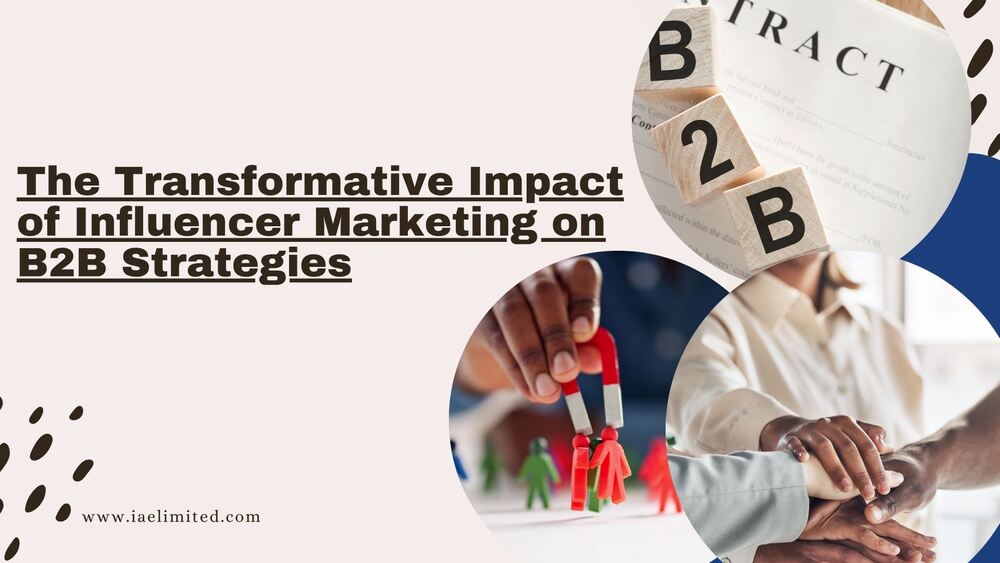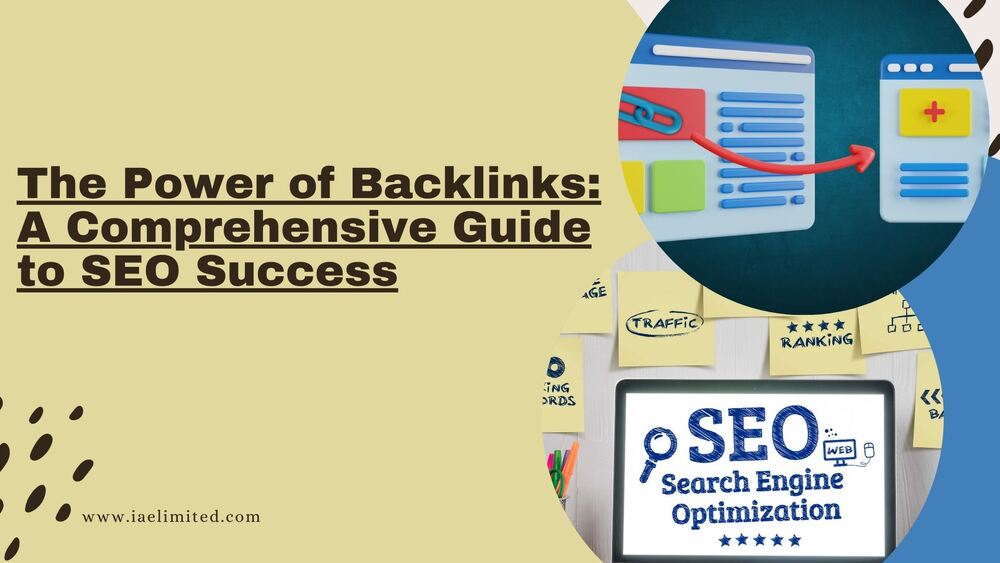
Artificial Intelligence (AI) has rapidly evolved, transforming various industries, and digital marketing is no exception. As AI continues to advance, it’s reshaping the way businesses approach their marketing strategies.
This article delves into the profound impact of AI on digital marketing, exploring its role in data analysis, personalization, automation, and more.
AI: A Powerful Tool for Data Analysis and Insights
Table of Contents
AI excels at processing and analyzing vast amounts of data, providing valuable insights that can inform effective marketing decisions.
Data Collection and Processing: AI-powered tools can efficiently gather data from diverse sources, including social media, websites, customer interactions, and market research. This data can then be structured and cleaned to ensure its quality and relevance.
Pattern Recognition: AI algorithms can identify hidden patterns and trends within large datasets that would be difficult or time-consuming for humans to spot. For instance, AI can analyze customer behavior to understand their preferences, interests, and purchasing habits.
Predictive Analytics: By leveraging historical data and machine learning techniques, AI can predict future trends and customer behavior. This enables businesses to anticipate market changes, optimize inventory levels, and tailor their marketing campaigns accordingly.
Natural Language Processing (NLP): NLP empowers AI to understand and interpret human language, enabling it to analyze customer feedback, sentiment, and social media conversations. This valuable information can be used to improve customer satisfaction and tailor marketing messages.
AI-Powered Personalization: Delivering Tailored Experiences
One of the most significant impacts of AI on digital marketing is its ability to personalize customer experiences.
Customer Segmentation: according to careerfoundry.com, AI can segment customers based on various criteria, such as demographics, interests, and behaviors. This allows businesses to create targeted marketing campaigns that resonate with specific audience segments.
Personalized Content: AI-powered content engines can generate personalized content, such as emails, social media posts, and product recommendations. This ensures that customers receive content that is relevant and engaging to them.
Personalized Product Recommendations: AI algorithms can analyze customer data to suggest products or services that are likely to be of interest to them. This can increase sales, improve customer satisfaction, and foster loyalty.
Personalized Pricing: AI can analyze customer behavior and market data to dynamically adjust prices for individual customers or groups. This can optimize revenue and improve customer satisfaction by offering personalized pricing options.
AI in Automation and Efficiency: Streamlining Marketing Tasks
AI can automate many repetitive and time-consuming tasks, freeing up marketers to focus on more strategic activities.
Content Creation: AI-powered tools can generate content, such as blog posts, social media captions, and product descriptions. While human oversight is still necessary to ensure quality, AI can significantly speed up the content creation process.
Social Media Management: AI can automate social media tasks, such as scheduling posts, engaging with followers, and analyzing performance metrics. This can save time and improve social media engagement.
Email Marketing Automation: AI can help automate email campaigns, personalize content based on individual preferences, and send triggered emails at the right time. This can improve email open rates, click-through rates, and conversions.
Chatbots and Virtual Assistants: AI-powered chatbots and virtual assistants can provide instant customer support, answer frequently asked questions, and even assist with purchases. This improves customer satisfaction and reduces the burden on human customer service representatives.
AI and Search Engine Optimization (SEO): Improving Online Visibility
AI is playing an increasingly important role in SEO, helping businesses improve their search engine rankings and attract more organic traffic.
Keyword Research: AI-powered tools can identify relevant keywords and phrases that potential customers are searching for. This helps businesses optimize their content and improve their search engine visibility.
On-Page Optimization: AI can analyze website content and suggest improvements to optimize it for search engines. This includes optimizing titles, meta descriptions, headings, and image alt text.
Technical SEO: AI can identify and address technical issues that can negatively impact search engine rankings, such as broken links, slow page load times, and mobile-friendliness.
Voice Search Optimization: As voice search becomes more prevalent, AI can help optimize content for voice-based queries, ensuring that businesses are visible to users who search using their voice.
AI-Driven Advertising: Reaching the Right Audience
AI is revolutionizing the way businesses approach advertising by enabling more targeted and effective campaigns.
Programmatic Advertising: AI-powered platforms can automate the buying and selling of digital ads, allowing businesses to reach their target audience more efficiently.
Ad Optimization: AI can analyze ad performance data and make real-time adjustments to optimize campaigns for better results. This includes adjusting bids, targeting, and ad creative.
Ad Fraud Detection: AI can help detect and prevent ad fraud, ensuring that businesses are not wasting their advertising budget on invalid clicks or impressions.
Dynamic Creative Optimization (DCO): AI can personalize ad creative based on individual user data, delivering more relevant and engaging ads. This can improve click-through rates and conversions.
Ethical Considerations and Challenges
While AI offers numerous benefits for digital marketing, it’s important to address the ethical considerations and challenges associated with its use.
Data Privacy and Security: Businesses must ensure that they handle customer data responsibly and comply with data privacy regulations. This includes implementing robust security measures to protect data from unauthorized access.
Bias in AI Algorithms: AI algorithms can be biased if they are trained on biased data. This can lead to discriminatory outcomes in marketing campaigns. It’s essential to address biases in AI models to ensure fairness and inclusivity.
Job Displacement: The increasing automation of tasks through AI may raise concerns about job displacement in the digital marketing industry. However, AI is more likely to augment human capabilities rather than replace jobs entirely.
Explainability and Transparency: As AI becomes more complex, it’s important to ensure that businesses can explain how AI algorithms make decisions. This is crucial for building trust with customers and regulators.

Conclusion
AI is transforming the landscape of digital marketing, offering businesses new opportunities to improve their strategies, personalize customer experiences, and drive growth.
By embracing AI and leveraging its capabilities, businesses can stay ahead of the competition and achieve long-term success.
In case you missed it, we recently published a post on, top Tools and Platforms for Effective Digital Marketing. This article will explore the top tools and platforms that can enhance your digital marketing efforts, ensuring you stay ahead in a competitive landscape.





